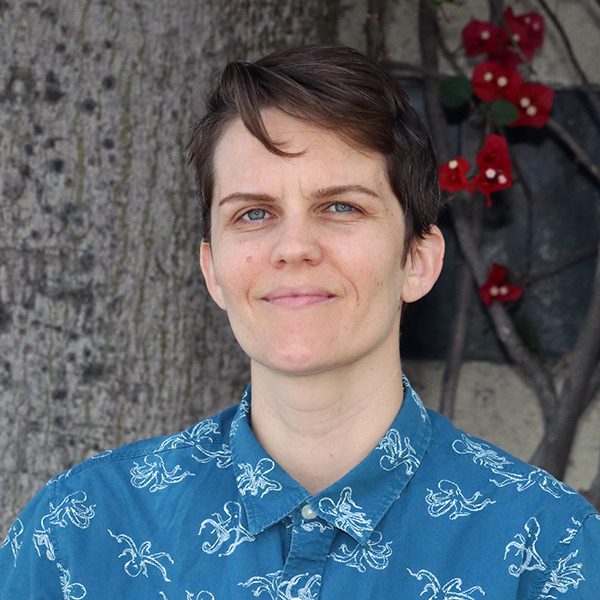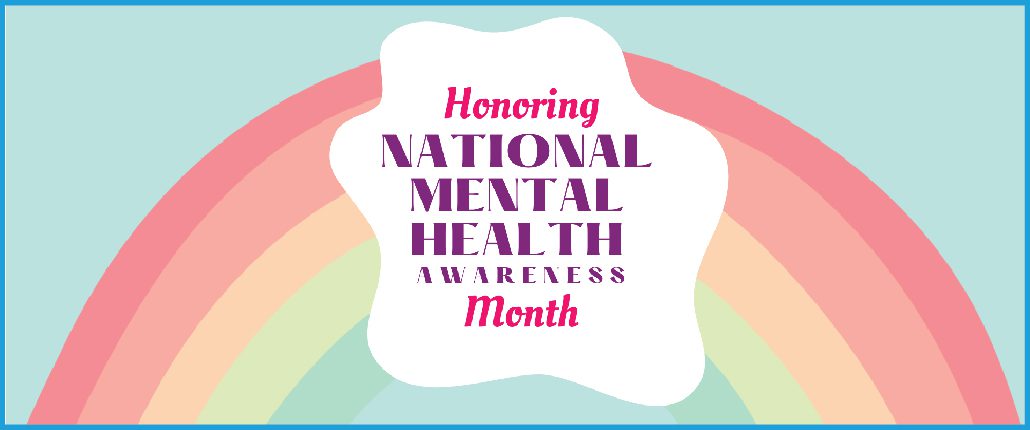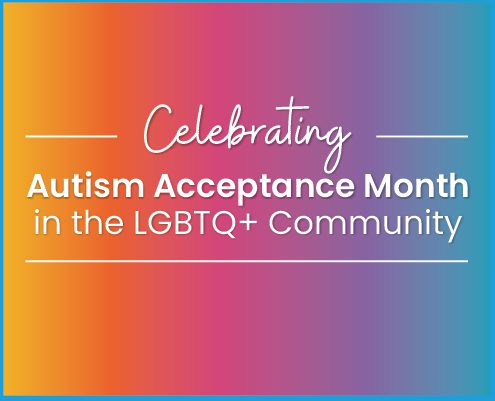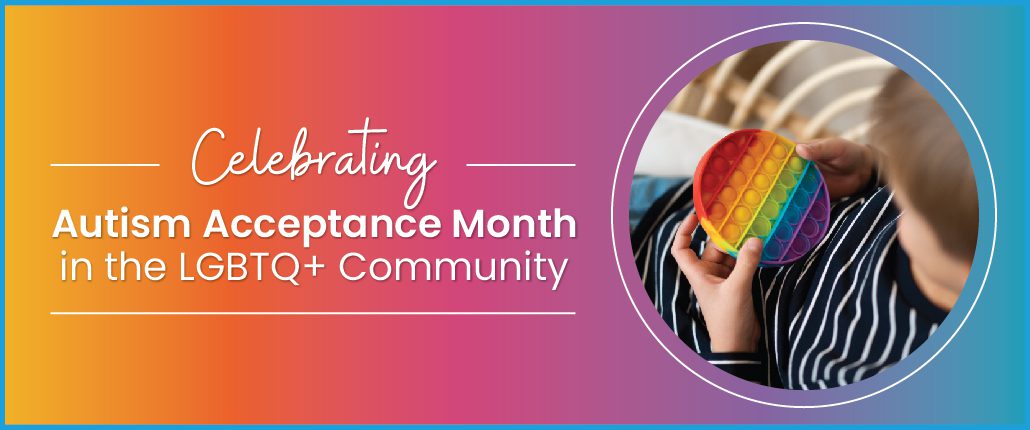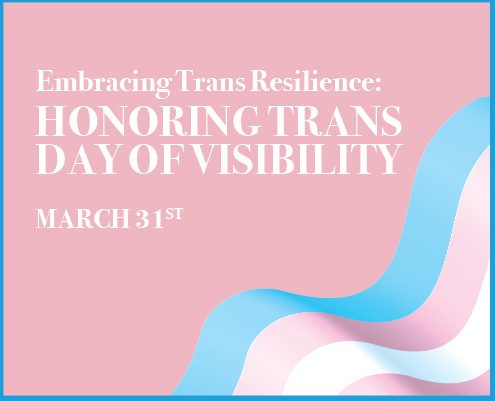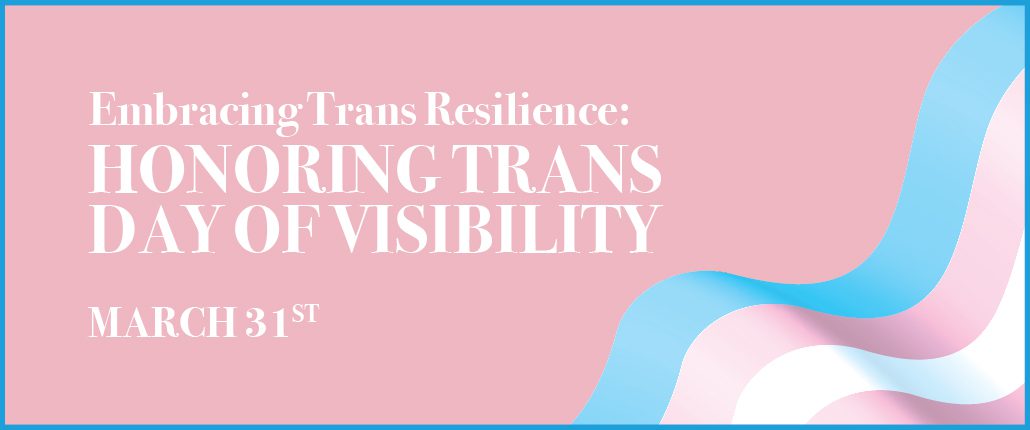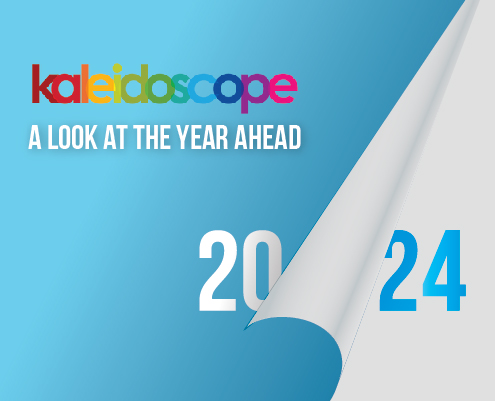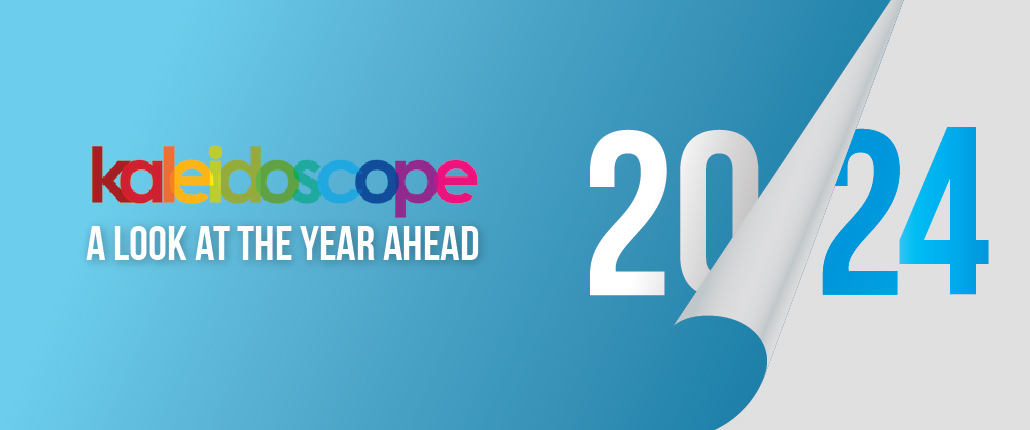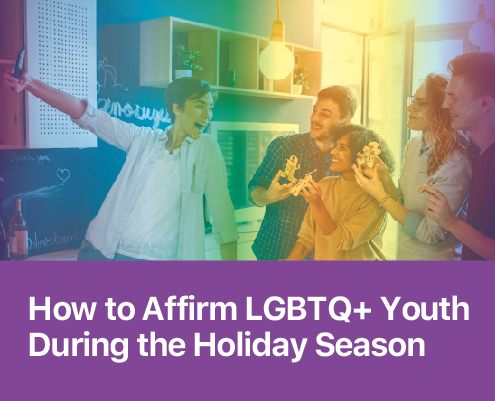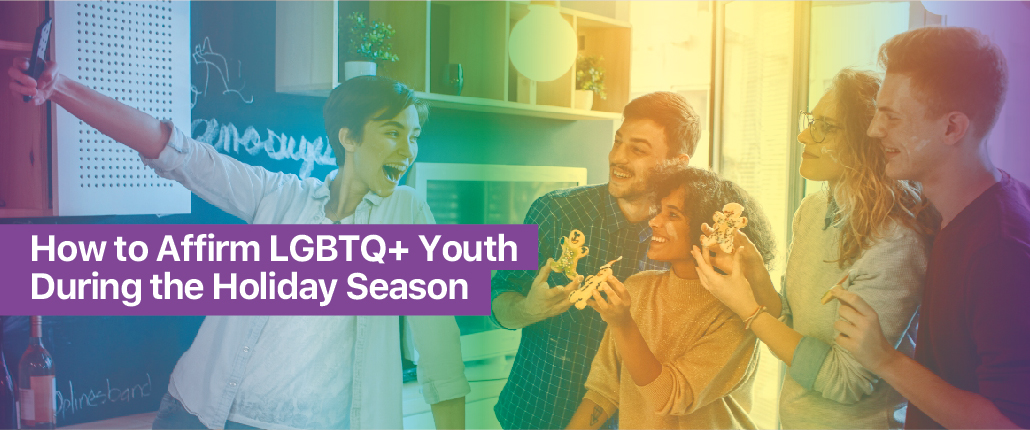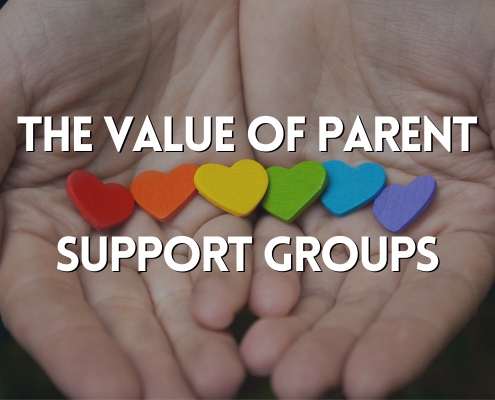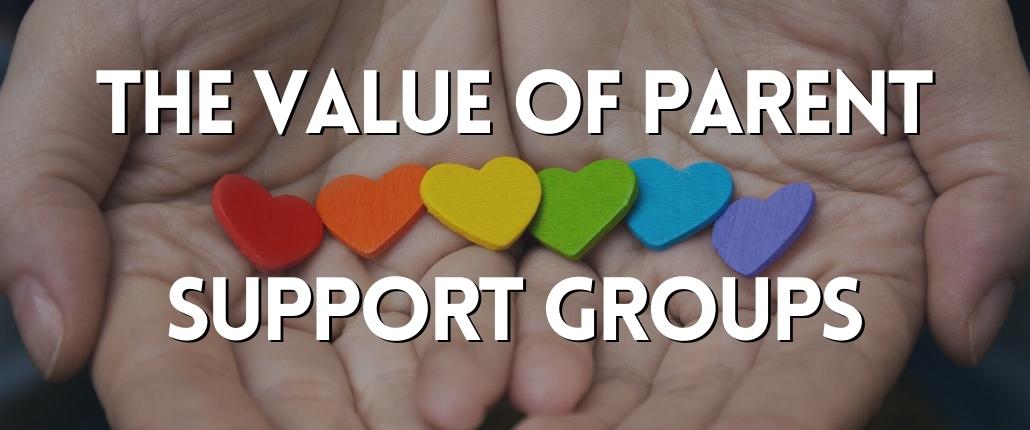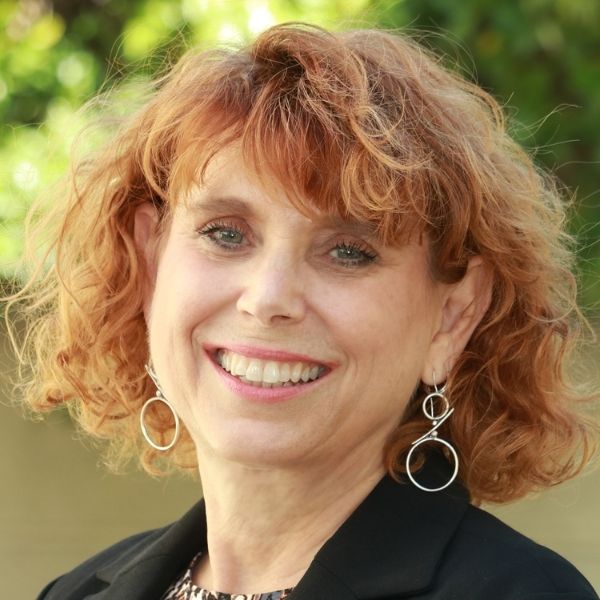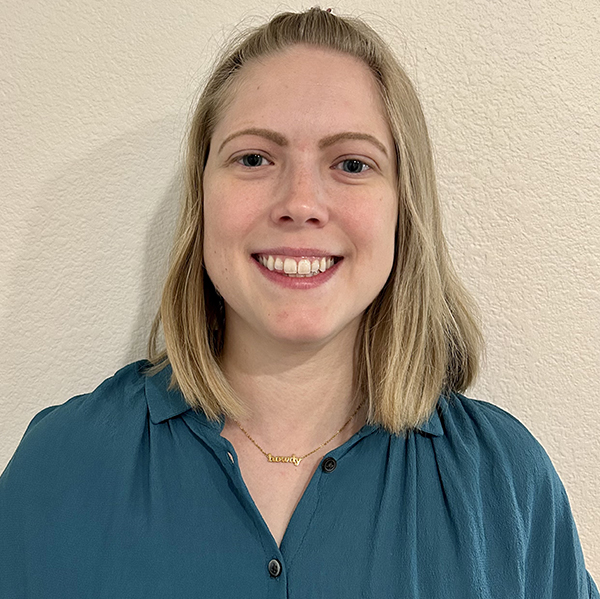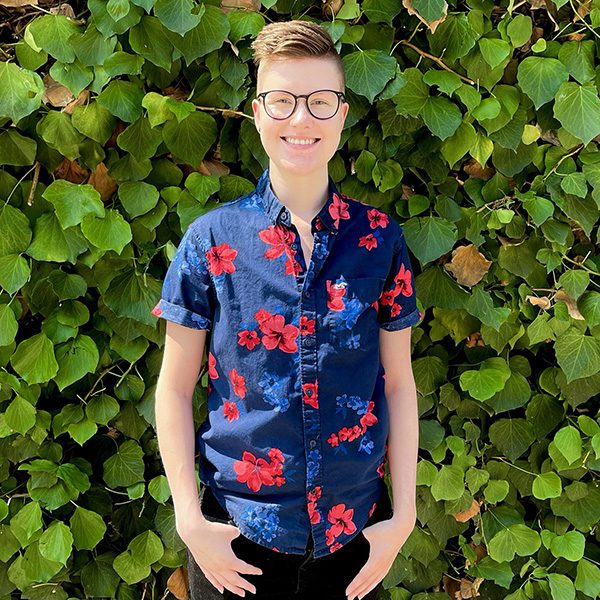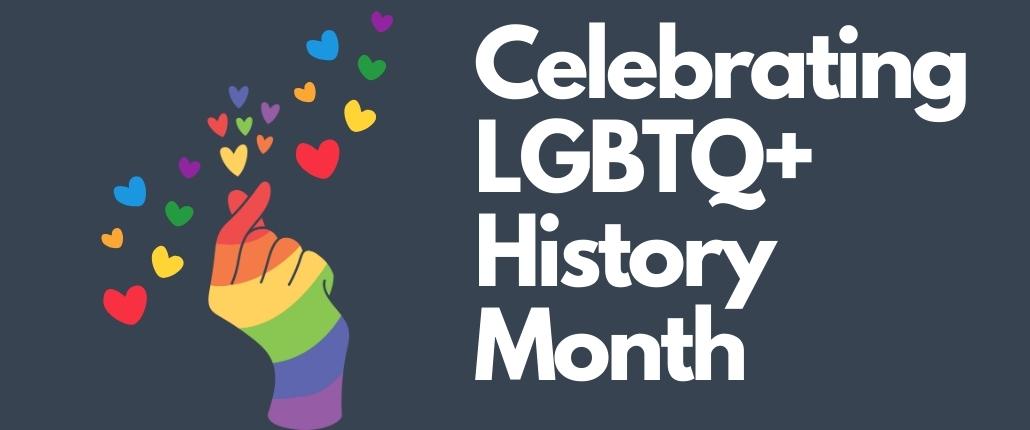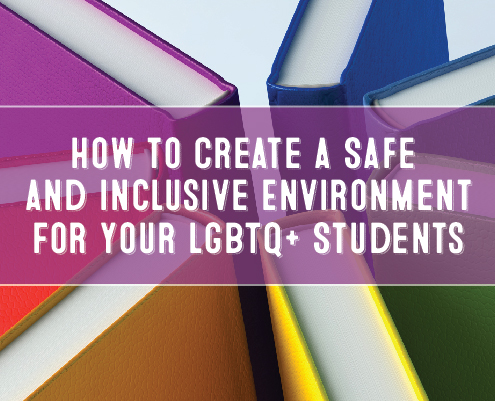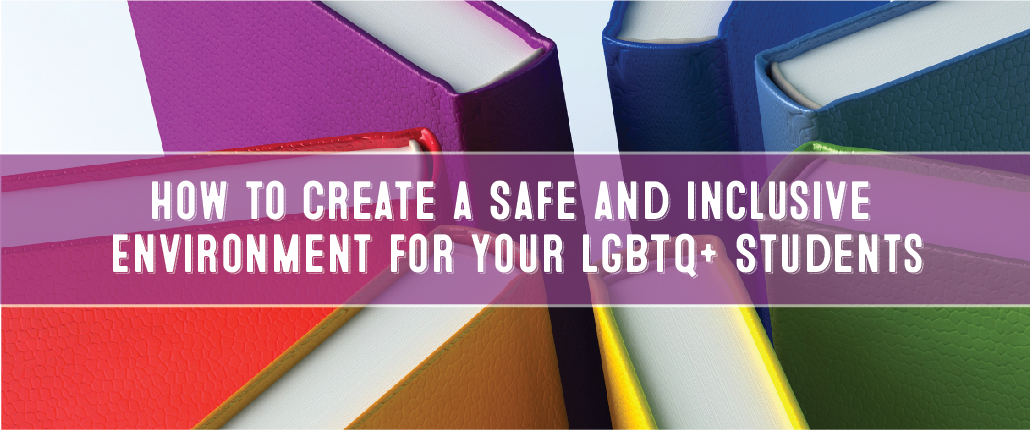Embracing Body Positivity During Summer (And Beyond)

Embracing Body Positivity During Summer (And Beyond)
Summer has arrived, and with it come visions of playing in the ocean, unwinding by the pool, and soaking in the sun. However, as we welcome this lively season, an all-too-familiar narrative emerges. Advertisements and media bombard us with messages like, “Are you beach body ready?” and “Prepare for bikini season!” These messages insist that only certain body types are worthy of summer enjoyment, prompting many of us to feel pressured to change our bodies. For LGBTQ+ youth, these messages can be particularly challenging.
Redefining the “Ideal Body”
In our society, beauty standards often promote a narrow ideal of what a body “should” look like – and typically present unrealistic views that may be rooted in systems of oppression like patriarchy, misogyny, and racism. These beauty standards may unintentionally exclude and cause harm to many people, especially those in the LGBTQ+ community who may feel that their bodies are not acceptable or desirable. Queer and trans youth face additional pressures to conform to these ideals, which can be particularly challenging when it comes to finding swimwear or clothing that allows them to feel comfortable and affirmed in their identities and bodies.
Challenging the Gender Binary
Swimwear is often designed to reinforce the gender binary, perpetuating the idea that there are only two acceptable ways to present oneself. This can be particularly distressing for trans, non-binary, and gender non-conforming individuals, as traditional swimwear can emphasize body parts that cause gender dysphoria—a profound discomfort or anxiety due to a mismatch between one’s biological sex and gender identity. What should be a joyful day at the beach or pool can become a stressful experience or be avoided altogether.
For young people exploring their gender identities, summer can be a sensitive time. They might wonder, “Is it safe to present as my true self in a swimsuit? Will I face harassment in the changing room? Will I be misgendered based on my swimwear choice?” These concerns can overshadow the simple pleasures of summer.
Thankfully, the fashion industry is slowly catching up, with more brands offering gender-inclusive swimwear designed to affirm all bodies. These companies create swimsuits that are comfortable, high-quality, and make everyone feel good about themselves, breaking away from the restrictive “men and women” categories.
If you’re looking for inclusive swimwear options, “10 Best Places To Buy Gender Inclusive Swimwear” is a fantastic resource. This guide highlights companies that cater to all body types, genders, and gender expressions, offering a refreshing departure from traditional swimwear.
Celebrating All Bodies
A body-positive approach can make all the difference. At Kaleidoscope, we are proud to offer a safe space for our youth to show up exactly as they are, in all types of dress, fashion and expression. Embracing body positivity means recognizing that all bodies are beautiful and deserve to be celebrated, regardless of size, shape, color, or gender. Kaleidoscope believes that everyone has the right to feel comfortable and confident in their own skin. At our events, youth can connect with each other and share tips about gender affirming clothing, finding gender affirming haircuts and other forms of expression that help them to feel like their authentic selves.
This summer, we invite you to come exactly as you are to our LGBTQ+ Game Night on July 19th at 6pm! Come meet other peers in a safe space and relax with games, music and free food and drinks. We can’t wait to see you there!
With love,
Kaleidoscope

